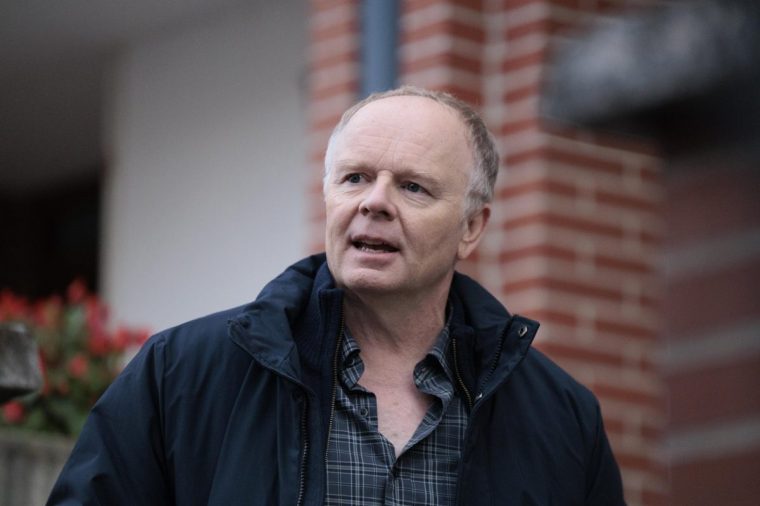5’s audience are made up of older people who watch terrestrial TV over streaming – where will they go if the channel is sold?
The way we watch TV is changing, with more and more of us consuming our favourite content via online streaming services. But what about audiences who don’t want to – or can’t – make the switch to digital? Amid speculation that Channel 5 might be sold off as part of parent company Paramount’s merger with film company Skydance Media, it’s never been more important to sing its praises.
With its nightly, gripping dramas like The Game, The Feud, and The Night Caller, nobody does crime like 5. And who can compete with its cosy, nostalgic offerings like All Creatures Great and Small, The Madame Blanc Mysteries, and Dalgliesh? It never takes itself too seriously, yet never patronises its audience either; there’s a reason that the channel has endured despite years of derision. The televisual equivalent of friendly small talk, 5 is prime stick-the-telly-on fodder – which is precisely how its audience is tuning in.
Last year, Ofcom figures showed that 95 per cent of the channel’s viewers were tuning in via “linear” TV (that is, watching programmes as they were broadcast). And although those stats predate the platform’s recent rebrand – from Channel 5 to 5, plus a swanky updated on-demand service – its audience remains one that largely watches TV the way we used to. If the platform is redeployed or otherwise nixed, where will they turn?

No doubt, the convenience and variety offered by streaming is compelling – but that doesn’t mean the technology ought to obliterate its predecessor. After all, and without getting too misty eyed, there’s something glorious about linear television: its prescribed schedule, dictating daily and weekly rhythms, the anticipation building as the time for your favourite show draws near.
When I was younger, the only way to watch TV was on a clunky cube in the sitting room – I will never forget the heady combination of The Simpsons at 6pm, followed promptly by Hollyoaks, on the Channel 4 of yesteryear. That inimitable double bill accompanied the weeknight dinners of my most formative years and was as reassuringly regular as any ritual.
And while most of my generation left that mode of watching behind years ago, the same clearly can’t be said for 5’s audience – which skews older, like all of terrestrial television’s. Partly, that’s surely down to habit – but I suspect there’s more at play, too. Linear TV’s capacity to fill a space with ambient entertainment, warmth and company, while the rest of life continues around it, mustn’t be underestimated.
From news and talk shows in the morning to soothing lifestyle content in the afternoon and perhaps a thriller in the evening, a good channel provides the televisual equivalent of a varied diet – and despite the country’s enduring snobbishness, that’s exactly what 5 is. Running the gamut of light and hefty entertainment alike (Bargain Loving Brits in the Sun, anyone?), 5’s programming rolls over viewers like a warm wave, freeing them from the burden of choice.
Counterintuitively, that rigidity might be terrestrial TV’s greatest strength over streaming – exposing audiences to things they wouldn’t necessarily have sought out, and creating conversation fodder along the way. Streaming creates hermetic echo chambers. It’s hard to convene around the water cooler and discuss last night’s cliffhangers, if you and your colleagues were all watching different shows.
With streaming showing no signs of slowing in its path to primacy (less than half of Gen Z watch broadcast TV), the imperative to protect connections brokered by an older, more fragile ecosystem is greater than ever. While it’s easy to forget in our on-demand era, TV has historically been about much more than just content, broadcasters like 5 play a vital role in shaping our country’s cultural landscape. Scrapping it would be a greater loss than executives realise.
